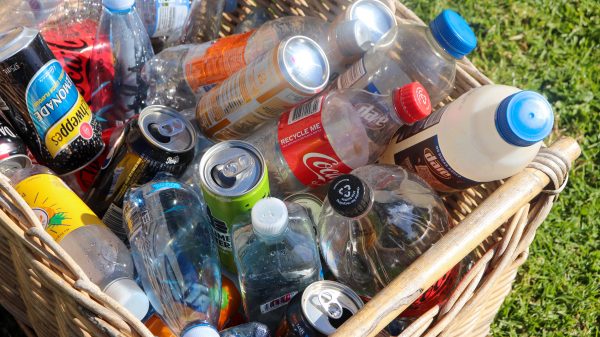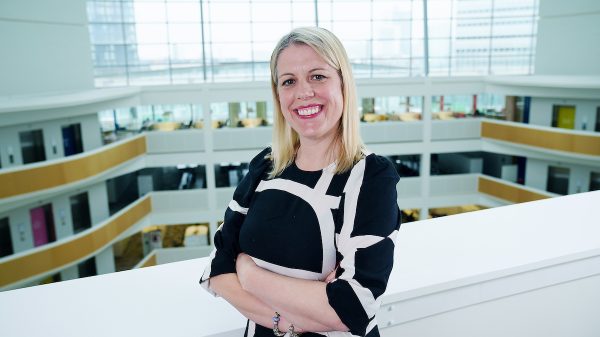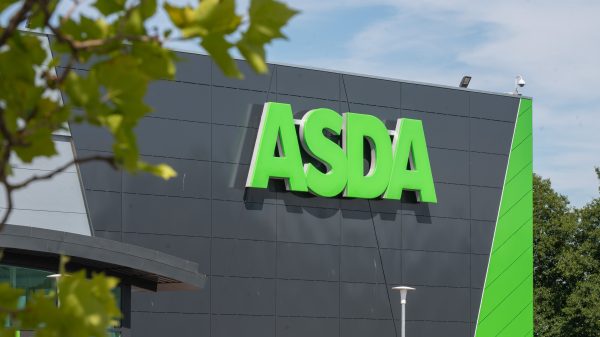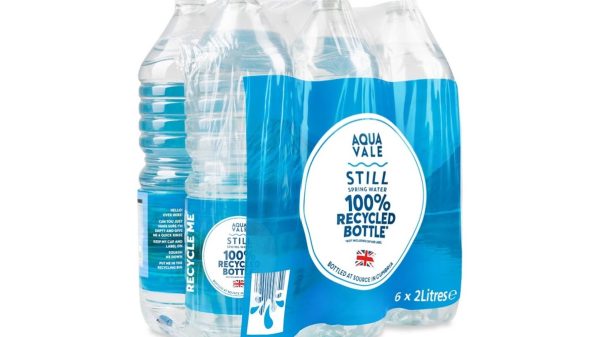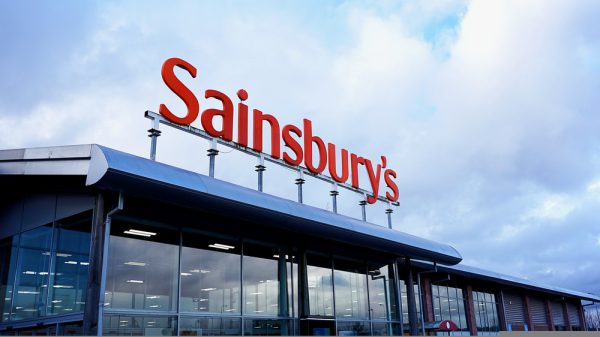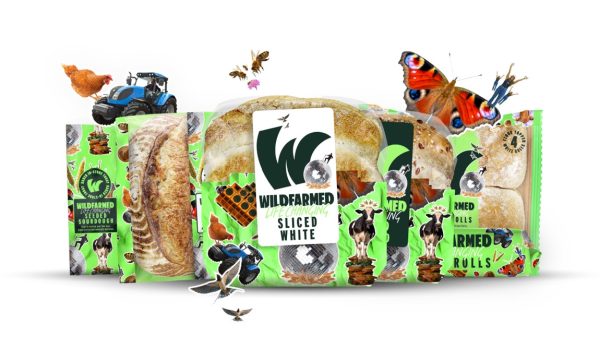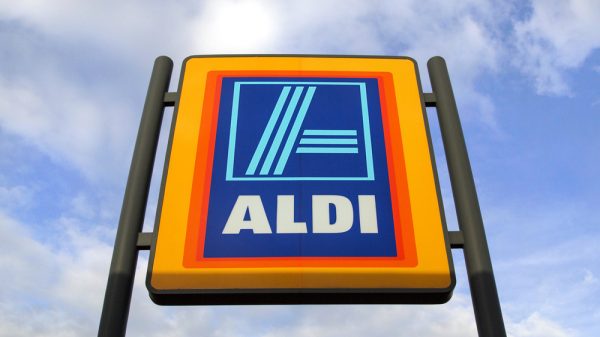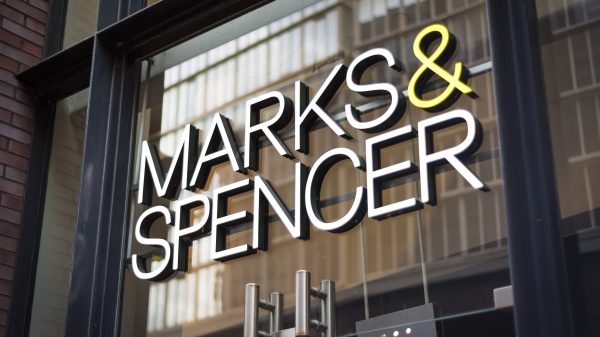Tesco will be using plastic waste collected from coastal areas in its fresh fish packaging, preventing as much as 500 tonnes of discarded plastic from entering the oceans.
The supermarket is working with sustainability organisation Keep Sea Blue to collect and recycle the plastic waste, which will include litter such as drinks bottles which are at risk of getting into the sea.
Some 80% of plastic in the ocean originates on land. Tesco’s move into new packaging is expected to remove around 500 metric tonnes of plastic from the environment each year, reducing the amount of ‘virgin plastic’ required in the packaging.
The new packaging – which will make its debut next week – contains at least 30% recycled coastal plastic which has been collected from beaches, coastlines, and coastal communities around the Mediterranean Sea.
It will be used across many of the supermarket’s fresh salmon, haddock, cod and sea bass lines.
Subscribe to Grocery Gazette for free
Sign up here to get the latest grocery and food news each morning
“Where we can, we are reducing the amount of new plastic we use in our business,” said Tesco quality director Sarah Bradbury.
“Re-using coastal plastic in our fish packaging is one way we can do that and at the same time keep it out of the oceans.”
The plastic waste – which consists of Polypropylene, PET, Polyethylene and other types of plastic – is collected from at-risk coastal areas such as beaches and coastal communities within 10 km from the sea.
Collection and processing is certified by non-profit organisation Keep Sea Blue which works with and connects organisations across the supply chain from collection to reuse in new packaging.
“Mismanaged plastic waste can only be solved by many partners working together,” said founder Lefteris Bastakis.
“We are glad that Tesco is making a meaningful and active contribution to this programme towards protecting the Mediterranean Sea from plastic pollution and building a more sustainable future.”
This is the latest sustainability push from Tesco, which recently launched plant-based tea bags to allow shoppers to compost these items through kerbside food waste collections.


